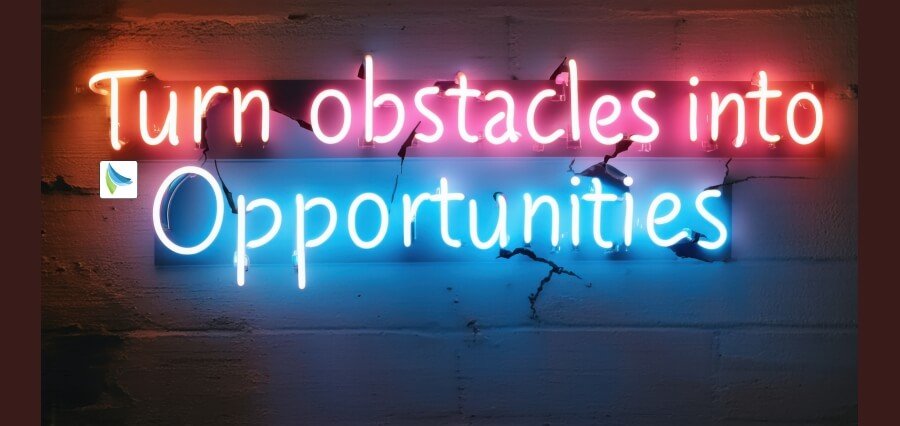Learning has been a source of aid to civilization advancement, yet in the 21st century, the re-invention is more urgent than ever. Technological advancement, global challenges, and changing needs of the labor force necessitate a re-examination of the way education is built and what it is intended to accomplish.
This article covers the drivers of the education transformation, the challenges encountered, and the future potential.
The Call for Change
The education system of the world is in trouble. The call to action in the face of climate change, inequality, and technological disruption demands that education systems reinvent themselves to equip learners to face an uncertain future. As UNESCO’s “Futures of Education” report discovers, education today does not necessarily equip learners to construct sustainable and equitable societies. The COVID-19 pandemic, however, brought the loopholes to the foreground by breaking down traditional learning customs and exposing weak points of accessibility to quality learning. The pandemic forces education reform to be heightened in a bid to catch up with evolving necessities in society.
In addition, the Fourth Industrial Revolution bridged physical, digital, and biological divides. The revolution necessitates the alignment of students with science, technology, engineering, and mathematics (STEM) education, innovation, and flexibility. Education transformation needs integration of such competencies in education courses to prepare graduates to meet challenges.
Drivers of Transformation
- Technology as a Catalyst: Technology has revolutionized learning by widening educational access and facilitating pedagogical innovation. Web sites and mobile apps have connected faraway places within reach of each other, reaching millions of people across the globe. Virtual reality, augmented reality, and artificial intelligence are revolutionizing classrooms into fertile learning environments with greater interaction and retention. Such technologies form the core of facilitating learning to transform by making learning both accessible and engaging.
For example:
- Online Learning: Learning is more convenient and flexible with online classrooms.
- AI-Enabled Tools: The learning experience of learners is tailored to meet the needs of the individual.
- Robotics: Robotics powered by AI are being employed to support students with special needs.
- Lifelong Learning: With a rapidly evolving workplace, there is only one door left, and that is through lifelong learning. Learning no longer equals schooling; today it is equal to the development of skills anywhere in life. This approach molds flexibility and curiosity and makes an individual apt for industry hopping. Lifelong learning forms part of the core pillars for reforming education as it equips students to evolve throughout their lifespan.
- Pedagogy Reforms: Pedagogy today is student-centered and not memorization-based. Active thinking and participation are encouraged by methods such as project learning and flipped classroom. Learning is personalized as well as a response to gaps and diversities of the learning method. These are on the verge of revolution in education because they increase quality and relevance of learning experiences.
Challenges of Education Transformation
Education reform is faced with enormous challenges no matter how great its potential:
- Inequality: Hundreds of millions of children around the globe do not have access to decent education due to poverty, discrimination based on gender, or war.
- Digital Divide: The web makes distance education possible but also generates divides for people with no machines or secure access to the web.
- Resistance to Change: Existing systems oppose change because of entrenched tradition or lack of resources. These barriers must be removed so that education reform will be successful.
The Educators’ Role
It is the teachers who are more accountable for ushering in this change. Teachers do not only teach facts, but also shape personality and instill values of global citizenship and empathy. Teachers need to adopt new modes of learning and technology so that they can operate effectively as learning facilitators. Teachers are leading the reforms by infusing new forms of pedagogy into teaching in the classroom.
Initiatives such as the Partnership for 21st Century Skills (P21) require teacher professional development to make interdisciplinary learning and 21st-century pedagogy a reality. This includes the integration of inquiry models into practice and making collaborative learning environments happen.
Conclusion
The 21st-century education transformation isn’t an option—it’s a necessity. Through the utilization of technology, with lifelong learning, pedagogical change, and solving international problems, we can create an education system capable of preparing human beings to build sustainable societies. All the concerned stakeholders like governments, teachers, local communities, and students should come together for education reform to be successful. As it continues on this path of transformation, education needs to be rooted in its own values—equality, character education, and world citizenship—but also responsive to the needs of a world that has moved to the point of interdependence. Only then and then will it be powerful enough to serve as the agent of development of this century.
















